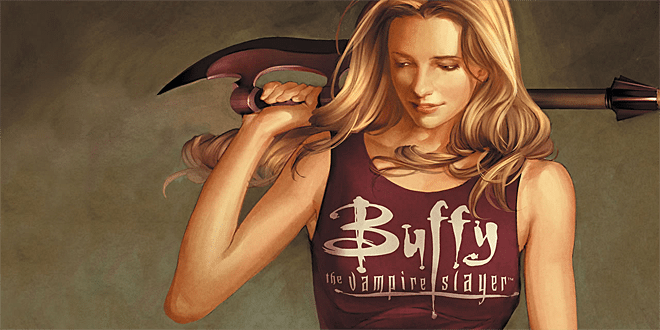
Of all the Disney movies, The Jungle Book has traditionally been my least favorite. I have no reason why. As jams go, it’s just not mine. In all honesty, when GeekMom Corrina invited me to be her +4 at the press viewing Tuesday night, I agreed mainly because, well, free is mostly my favorite price.
As the opening credits rolled, I sat back wearing my uncomfortable-over-glasses 3D glasses.
Then something magical happened.
WARNING: SPOILERS AHEAD.
I fell in love with it.
The first line that did it for me, really, was, “How many lives is a man-cub worth?” Something about that line made me flash to the Black Lives Movement. In my head, I started imagining someone saying, “How many lives is a black person worth?” As the wolves argued over whether Mowgli would be worth fighting for, I flashed to the different conversations we are currently having in society. Who is worth fighting for? How many lives are worth the black man? The transgender person? The lesbian? The outcast?
When Shere Khan snarls, “You did not listen to reason so now you will know fear,” I had one of those moments where my brain flashed cartoon style to the historical photos from Kent State and Freedom Riders. Are these not the statements we’ve heard throughout history to demean people? To bully people? To instill fear in weak-minded people to quell rebellion?
As Mowgli seeks food and shelter, I began to realize that the story’s metaphorical search for acceptance was so adeptly paralleled to literal survival that the meaning was crystalline. Acceptance is as important as food and water. Our survival depends on finding our tribe. Our survival depends on those connections.
Baloo acts as the first one to truly accept Mowgli for his strengths and to acknowledge that their differences make them a cohort. Baloo, at one point, tells the young boy, “That’s the Mowgli way. That’s the Baloo way.” In that moment, the boy begins to shine. He can be the man-cub in the jungle. He does not have to hide his tricks. He should be proud of them. A few scenes later, Baloo tells another character, “You gotta let him be what he is. If you send him to the man village, they’re ruin him.”
Ain’t that the truth.
And yet, we do that every day in many of millions of large and tiny ways. When we send our LGBTQIA family to the heterosexual, cisgendered village, we ruin them. When we send our family of color to the white village, we ruin them. When we send our non-neurotypical family to the neurotypical village, we ruin them. When we change someone’s hair to match the hair of others or when we apologize for the way our children act that is different, we attempt to fit those people into a world that ruins them. Asking these man-cubs to conform or to leave the pack, even in the name of protecting them from harm, further alienates them. This alienation is the first step in losing these battles.
In the end, the way to win is through acceptance. As the law of the jungle states, “For the strength of the pack is the wolf, and the strength of the wolf is the pack.” The law of the jungle does not state, “the strength of the pack is the wolf that is just like every wolf.”
That is the beauty of Favreau’s Jungle Book. In its simplicity and its repetition of the law of the jungle, the definitions of pack and wolf evolve. The wolves become more than just the furry four legged wild canines. The pack becomes more than just a bunch of equally strong, furry four-legged wolves. The evolution and redefinition of pack over the course of the movie is the moral lesson underlying the story.
We are stronger when we accept all of our clan, regardless of their differences. Perhaps, what we need to do is create a Law of the World:
“For the strength of the accepting society is in all individuals, and the strength of all individuals is in the accepting society.”



